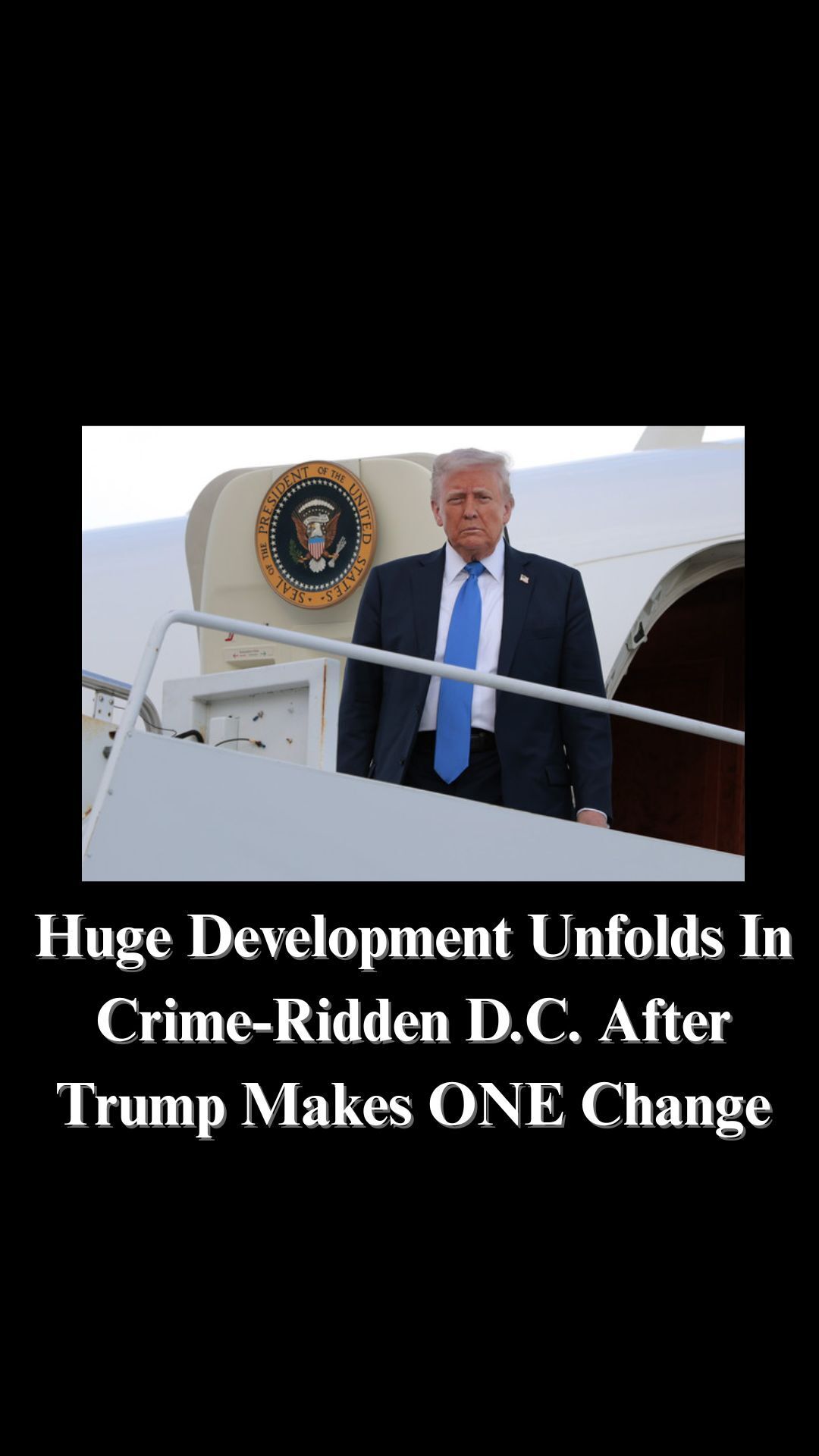President Donald Trump’s sweeping law-and-order crackdown in Washington, D.C., is delivering results for law-abiding residents who want the right to protect themselves.
The president’s Making D.C. Safe and Beautiful Task Force has cut concealed carry and firearm registration wait times from months down to just days without changing the city’s strict gun laws, Slay News reported.
The task force was created through Trump’s March executive order to revitalize the capital and worked directly with local officials to streamline the District’s firearms process.
“President Trump is not only stopping violent crime in Washington, D.C., he is also streamlining the permitting process for law-abiding residents who want the ability to protect themselves and their families,” White House spokeswoman Taylor Rogers said in a statement.
“The Making D.C. Safe and Beautiful Task Force has been working with local officials to eliminate longstanding obstacles and successfully reduced the average permit processing time from several months to just five days,” she added.
Under the new system, D.C. residents can now book next-day appointments with the Metropolitan Police Department to register firearms, with walk-ins available and posted online.
A White House official confirmed that just months ago the average wait for an appointment was four months. But now, the concealed carry process has also been overhauled. What once took months now takes an average of 4.6 days, according to May task force data.
To reduce confusion, the registration and concealed carry application categories have been merged, and fingerprinting has been expanded through third-party vendors after City Council approval on July 28.
Washington still maintains some of the most restrictive gun laws in the country, including bans on most semi-automatic rifles, ammunition restrictions, and an extensive network of gun-free zones covering government buildings, memorials, schools, hospitals, stadiums, and businesses that sell alcohol.
Concealed carry permits must be renewed every two years, and applicants are still required to pass a firearms training course.
The MPD lists several disqualifications, including refusing fingerprinting or photography, failing to pay fees, or attempting to register prohibited firearms such as short-barreled shotguns or so-called “assault weapons.”
The task force is also studying expanded carry rights, including allowing female permit holders to carry in handbags, permitting concealed carry on public transit, and recognizing out-of-state permits — all of which would require City Council approval.
